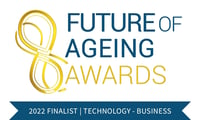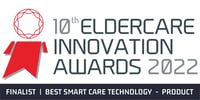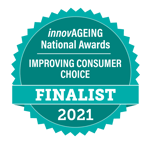According to the Australian Institute of Health and Welfare, Australia's subsidised aged care services help around 1.5 million older people receive care and support.
Australia's aged care system encompasses a wide array of services designed to meet many people's various needs as they age. It's an essential service where technology and digitisation have become integral to enhancing the efficiency and quality of these services and assisting aged care providers with the effective delivery of personalised care and support to the people they care for.
One crucial technology aiding the aged care sector is clinical information systems, also known as clinical care systems.
In Australia, aged care services are required by law to maintain comprehensive and accurate clinical documentation to meet regulatory and funding requirements and to support safe and high-quality care provision.
Clinical information systems, such as mCare, aid with the above and enable aged care providers to:

A clinical information system is a digital solution that helps providers easily access and share information in real-time, saving time and eliminating the need to sift through reams of printed paper care plans to find the necessary information.
Instead, providers and their workforce can quickly access the information they need with just a few clicks. These electronic solutions also enable workers to spend more time with care recipients and less time completing administrative tasks at the end of their shift.
Using a clinical care planning system gives caregivers, registered nurses, managers, and executives the tools to provide residents with the best quality of care, increase holistic wellness, and make a real difference in their lives.
Book a demo with us today
Find out why our solutions are used by thousands of aged care & retirement living providers globally




